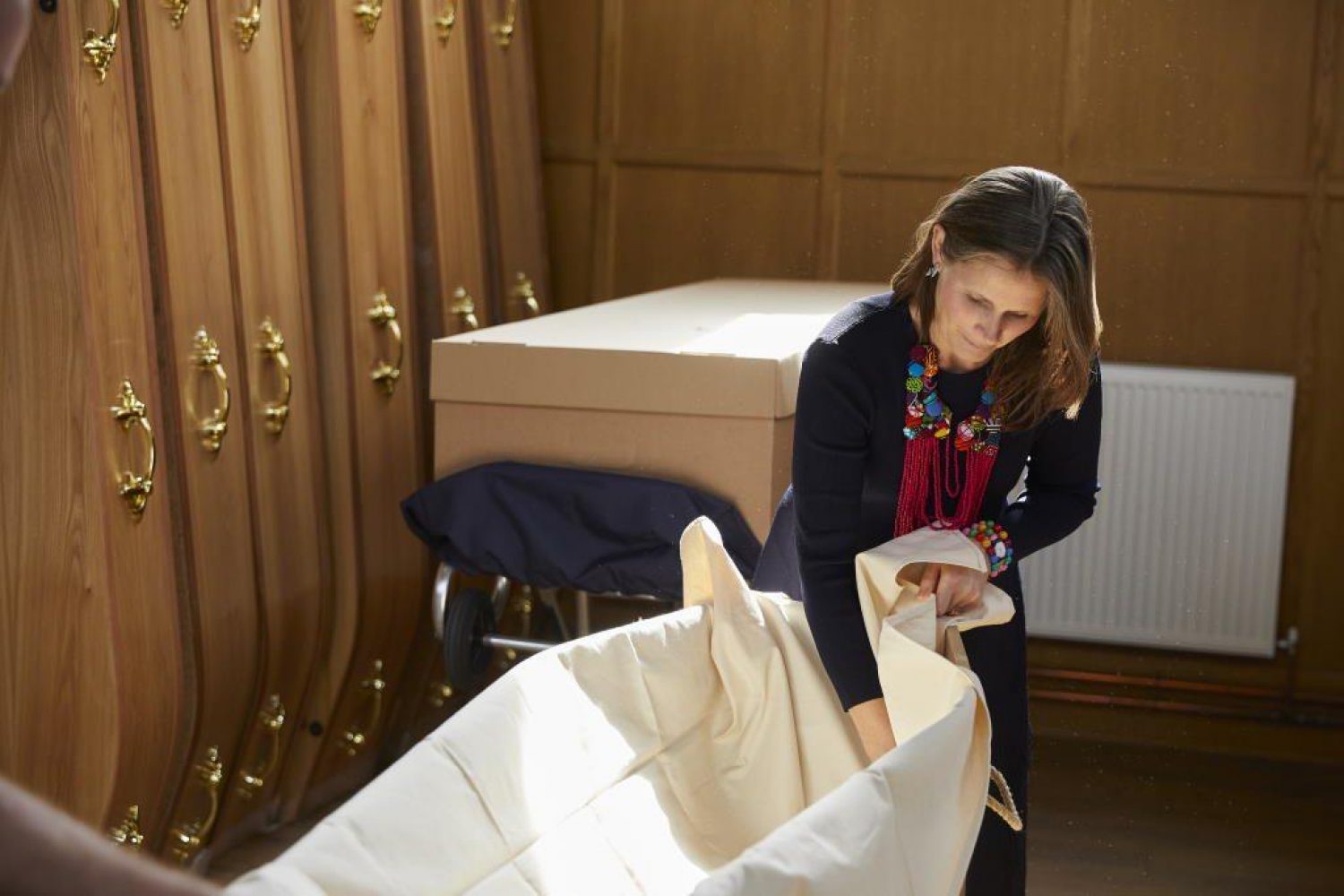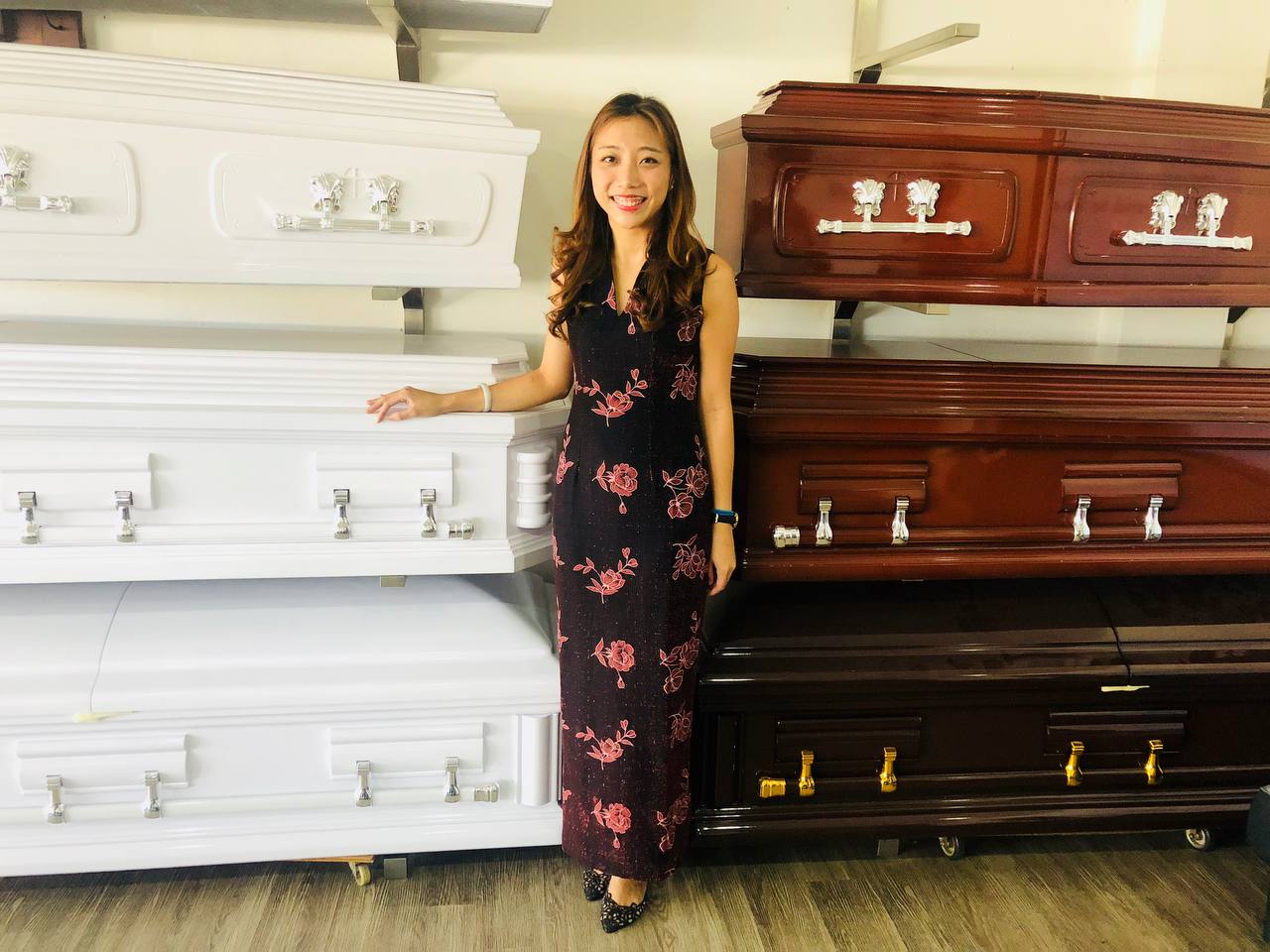Funeral Director: The Unsung Heroes Of Life's Final Journey
When you think about funeral directors, the image that often comes to mind is someone in a somber suit, quietly handling the logistics of loss. But there's so much more to this profession than meets the eye. Funeral directors play a vital role in guiding families through one of life's toughest moments. They're not just planners; they're counselors, storytellers, and keepers of memories. If you're considering a career in this field or simply want to understand the importance of funeral directors, you're in the right place.
You might wonder, "What exactly does a funeral director do?" Well, buckle up because we're about to dive deep into their world. These professionals are the backbone of the grieving process, ensuring that every detail of a funeral service is handled with care and respect. From coordinating with families to managing legal requirements, their work is both intricate and heartfelt.
This article isn't just a guide; it's a tribute to the unsung heroes who help us say goodbye. Whether you're exploring a career in funeral services or just curious about the industry, we've got you covered. Let's explore what it takes to be a funeral director and why this profession matters more than ever.
Read also:Is Ainsley Earhardt Wearing An Engagement Ring In 2024 Lets Dive In
Who Are Funeral Directors?
Funeral directors are the compassionate individuals who guide families through the emotional and logistical maze of loss. Think of them as the architects of farewell ceremonies, blending empathy with expertise. They're trained to handle everything from body preparation to organizing memorial services. But don't let the formal description fool you; funeral directors are real people with real skills, and their work is as human as it gets.
Key Responsibilities of a Funeral Director
- Consulting with families to plan personalized services
- Handling legal paperwork and permits
- Managing the transportation of the deceased
- Providing emotional support to grieving families
It's not just about logistics; it's about creating a meaningful experience for those left behind. Funeral directors wear many hats, and their ability to adapt to each family's unique needs is what sets them apart.
Why Become a Funeral Director?
Choosing a career as a funeral director might seem unconventional, but it's one of the most rewarding professions out there. Sure, it's not for everyone, but if you're the type of person who thrives on helping others during tough times, this could be your calling. The sense of fulfillment that comes from supporting families through their darkest moments is unparalleled.
Skills You Need to Succeed
Being a funeral director requires a unique set of skills. You need to be organized, empathetic, and a great communicator. But that's not all. Here's a quick rundown of what it takes:
- Excellent interpersonal skills
- Attention to detail
- Strong organizational abilities
- Knowledge of legal and ethical practices
It's not just about having the right qualifications; it's about having the heart for the job. Funeral directors are often the first line of support for grieving families, and that responsibility requires a special kind of person.
Funeral Director Career Path
So, you're thinking about becoming a funeral director? Great choice! But where do you start? The journey to becoming a funeral director involves education, training, and certification. Most professionals in this field hold a degree in mortuary science, which covers everything from anatomy to grief counseling. Plus, you'll need to complete an apprenticeship and pass a licensing exam.
Read also:Mastering Remoteiot Vpc Network With Raspberry Pi On Aws The Ultimate Guide
Education and Training
Let's break it down. To become a funeral director, you'll need:
- A degree in mortuary science (typically a 2-year program)
- 1-2 years of supervised training
- A passing score on the National Board Exam
It's a lot of work, but the payoff is worth it. Funeral directors are in demand, and the job security is solid. Plus, you'll be making a real difference in people's lives every day.
The Day-to-Day Life of a Funeral Director
So, what does a typical day look like for a funeral director? Well, there's no such thing as "typical" in this line of work. One day you might be meeting with a family to plan a service, and the next you could be arranging transportation for the deceased. It's a dynamic role that requires flexibility and adaptability.
Common Tasks and Challenges
Here's a snapshot of what funeral directors deal with on a daily basis:
- Coordinating with vendors and service providers
- Handling unexpected emergencies
- Managing multiple cases at once
It's not always easy, but the satisfaction of knowing you've helped someone through a difficult time makes it all worthwhile. Plus, the variety keeps things interesting.
Funeral Director Salaries and Job Outlook
Let's talk money. The median annual salary for funeral directors in the U.S. is around $55,000, but it can vary depending on location and experience. Urban areas tend to offer higher pay, but rural communities also have their own unique opportunities. And the job outlook? It's steady. People will always need funeral services, so the demand for qualified professionals remains strong.
Factors Affecting Salary
Several factors influence how much a funeral director earns:
- Years of experience
- Geographic location
- Size of the funeral home
While the pay might not be astronomical, the job satisfaction and stability are hard to beat. Plus, many funeral directors find the work incredibly fulfilling, which adds to the overall value of the career.
Technology and Funeral Services
Believe it or not, technology is changing the funeral industry. From virtual memorials to online obituaries, funeral directors are embracing new tools to enhance their services. This shift not only makes things more convenient for families but also opens up new possibilities for creativity and personalization.
How Technology Enhances Services
Here are a few ways technology is revolutionizing the funeral industry:
- Live-streaming services for distant family members
- Interactive memorials with digital displays
- Online platforms for sharing memories and condolences
Funeral directors who stay ahead of the tech curve are better equipped to meet the evolving needs of their clients. It's all about blending tradition with innovation to create meaningful experiences.
Challenges in the Funeral Industry
Of course, no profession is without its challenges. Funeral directors face unique obstacles, from navigating cultural differences to dealing with emotional burnout. It's a demanding job that requires resilience and a strong support system. But with the right mindset, these challenges can be overcome.
Common Obstacles and Solutions
Some of the biggest challenges funeral directors face include:
- Managing emotional stress
- Adapting to changing client expectations
- Staying compliant with evolving regulations
Self-care and professional development are key to thriving in this field. Many funeral directors find support through industry networks and continuing education programs.
Funeral Director vs. Other Professions
How does being a funeral director compare to other careers in the healthcare or service industries? Well, it's a mix of both. Like healthcare professionals, funeral directors deal with sensitive situations and must adhere to strict ethical standards. But like service professionals, they also focus on creating personalized experiences for clients. It's a unique blend that requires a special set of skills.
Key Differences
Here's how funeral directors stand out:
- They work directly with families during emotional times
- They handle both logistical and emotional aspects of care
- They have a deep understanding of cultural and religious practices
It's a role that demands versatility and compassion, making it a truly unique career path.
Future Trends in Funeral Services
What does the future hold for funeral directors? As society evolves, so does the way we handle death and mourning. Green burials, digital memorials, and personalized ceremonies are just a few trends shaping the industry. Funeral directors who embrace these changes will be well-positioned to meet the needs of future generations.
Emerging Trends
Here are some trends to watch:
- Increased demand for eco-friendly options
- Rise in virtual and hybrid services
- Growing emphasis on personalized experiences
Funeral directors who stay ahead of the curve will not only thrive but also help shape the future of the industry.
Conclusion: The Heart of the Matter
Funeral directors are the quiet heroes of life's final chapter. They guide families through grief, create meaningful memorials, and ensure that every detail is handled with care. Whether you're considering a career in this field or simply want to understand their role, one thing is clear: funeral directors make a difference. So the next time you attend a service, take a moment to appreciate the work that went into making it special.
Ready to learn more? Share this article, leave a comment, or explore other resources on our site. Together, let's honor the professionals who help us say goodbye with dignity and grace.
Table of Contents
- Who Are Funeral Directors?
- Why Become a Funeral Director?
- Funeral Director Career Path
- The Day-to-Day Life of a Funeral Director
- Funeral Director Salaries and Job Outlook
- Technology and Funeral Services
- Challenges in the Funeral Industry
- Funeral Director vs. Other Professions
- Future Trends in Funeral Services
- Conclusion: The Heart of the Matter


